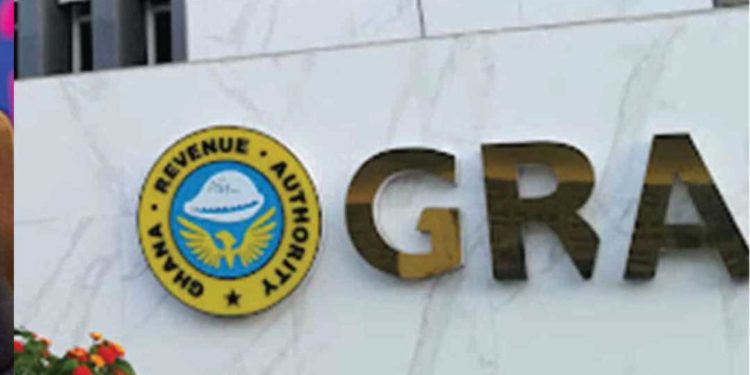High Court grants GRA power to recover GHS 179.4m
The court established that this income, remitted by its Ghanaian Permanent Establishment, is assessable under Section 3 of Act 896
An Accra High Court has issued a landmark ruling on the tax assessment of Maersk Drillship IV Singapore, declaring that its income arising from its Ghanaian Permanent Establishment is assessable, rejecting the company’s claim of exemption under the Petroleum Agreement.
The total money involved is a substantial sum of $15.5 million ($15,513,221.16) in tax revenue.
This comprises $12.8 million ($12,805,543.20) in direct taxes and $2.7 ($2,707,607) million in indirect taxes.
Breaking down the figures, GRA has established an official exchange rate of GH₵11.5668 to the dollar.
Utilising this conversion rate, the total tax revenue of $15,513,221.16 transforms into GH₵179.4 million (GH₵179,438,326.513488).
The court, comprising Justices Mrs Janapare A. Bartels-Kodwo, Alex Poku-Acheampong, and Jerome Noble-Nkrumah, delivered the judgment in response to an appeal filed by Maersk Drillship IV Singapore.
The crucial issues addressed by the court included determining the party whose income was under assessment, the assessability of the income, and whether the income was exempt from income tax under Ghanaian law and the Petroleum Agreement.
Maersk Drillship IV Singapore contended that the assessed income was related to its business operations and, therefore, exempt from further taxation, citing provisions in the Petroleum Income Tax Act and the Petroleum Agreement.
However, the Ghana Revenue Authority (GRA) disagreed, arguing that the income in dispute belonged to Maersk Drillship IV Singapore as a distinct entity separate from its Ghanaian-registered external company.
After analysing the facts and applying the law, the High Court determined that the income in question was that of Maersk Drillship IV Singapore, a separate legal entity from its Ghanaian Permanent Establishment.
The court established that this income, remitted by its Ghanaian Permanent Establishment, is assessable under Section 3 of Act 896.
The court further clarified that under Section 3(2) (b) of Act 896, non-resident entities earning income through a Ghanaian permanent establishment are subject to Ghanaian income tax.
Since the income in question arose from the Ghanaian permanent establishment of Maersk Drillship IV Singapore, Section 3(2) (b) of Act 896 logically applies, making the income assessable for tax under the Income Tax Act.
Regarding the exemption from taxation, Maersk Drillship IV Singapore argued that, under the Petroleum Agreement, a portion of its business income withheld by its contractor incurs no further tax liabilities.
GRA countered, emphasising that the shareholders of Maersk Drillship IV Singapore are the ones being assessed, and branch profit taxes do not apply to the company or its shareholders.
The court clarified that the income being taxed does not pertain to Maersk Drillship IV Singapore but to its Ghanaian Permanent Establishment, a separate legal entity.
The ruling explained that the income earned by the Ghanaian Permanent Establishment is not subject to further taxes under the Petroleum Agreement when remitting profits to its parent company.
However, the court stated that a non-resident entity earning income from a Ghanaian permanent establishment is earning income as contemplated under Section 3(2) (b)(ii) of Act 896, and, therefore, Section 60 of Act 896 applies, making the income of Maersk Drillship IV Singapore from repatriated profits of its Ghanaian Permanent Establishment liable to branch profit tax.


